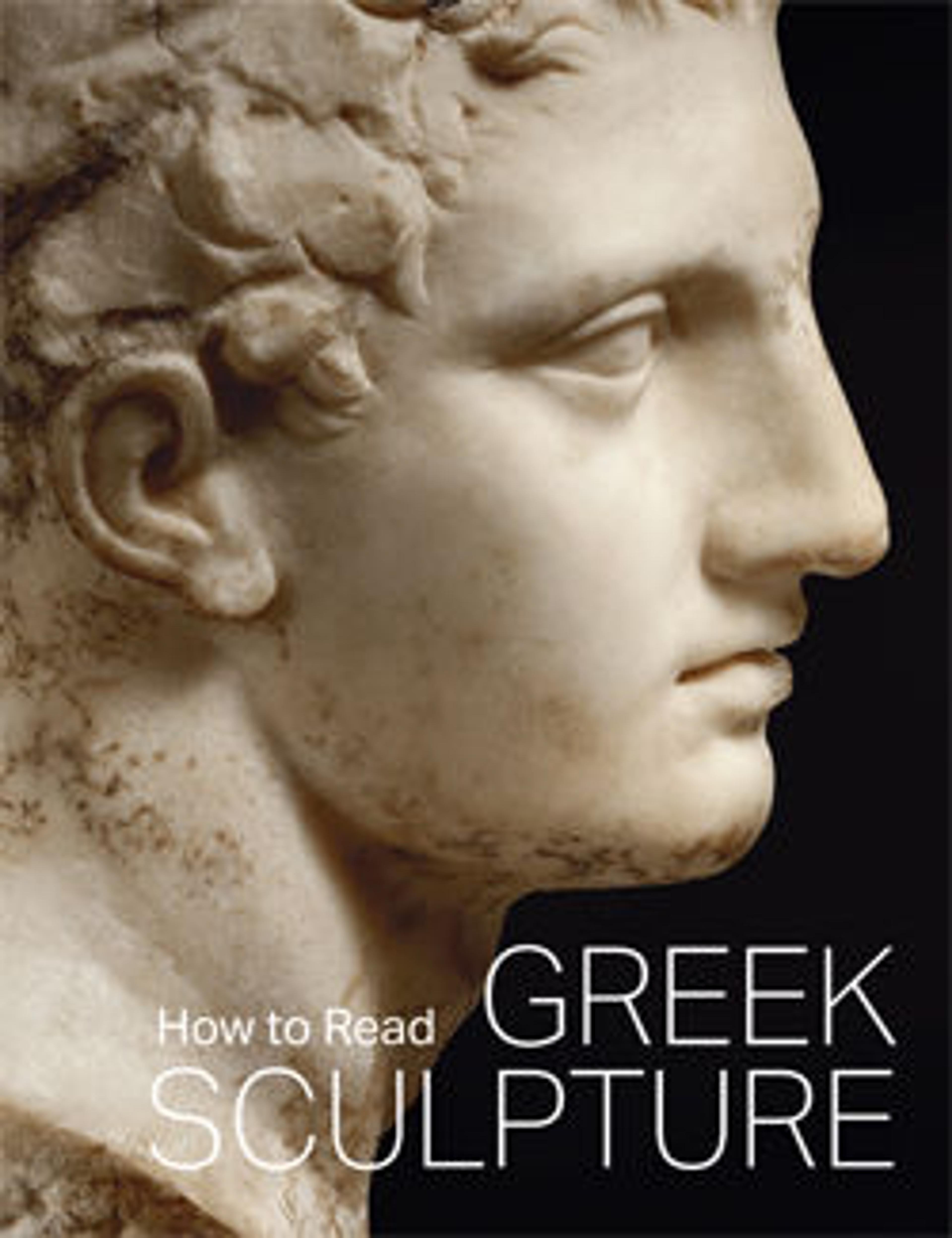Terracotta vase in the form of a phallus
Phallus vases are a rare and distinctive feature of Archaic Greek pottery. They were used to store perfumed oils, presumably of an erotic or medicinal nature. This vase is the product of an East Greek workshop, probably on Rhodes. Archaic Greek potters fashioned sculptural vases in a wide variety of shapes, including human heads, legs, and animals. This particular class reflects an element of playfulness recurrent throughout Greek art.
Artwork Details
- Title: Terracotta vase in the form of a phallus
- Period: Archaic
- Date: ca. 550–500 BCE
- Culture: Greek
- Medium: Terracotta
- Dimensions: Overall: 4 1/2 x 4 x 3 1/2in. (11.4 x 10.2 x 8.9cm)
- Classification: Vases
- Credit Line: Classical Purchase Fund, 1999
- Object Number: 1999.78
- Curatorial Department: Greek and Roman Art
More Artwork
Research Resources
The Met provides unparalleled resources for research and welcomes an international community of students and scholars. The Met's Open Access API is where creators and researchers can connect to the The Met collection. Open Access data and public domain images are available for unrestricted commercial and noncommercial use without permission or fee.
To request images under copyright and other restrictions, please use this Image Request form.
Feedback
We continue to research and examine historical and cultural context for objects in The Met collection. If you have comments or questions about this object record, please contact us using the form below. The Museum looks forward to receiving your comments.
